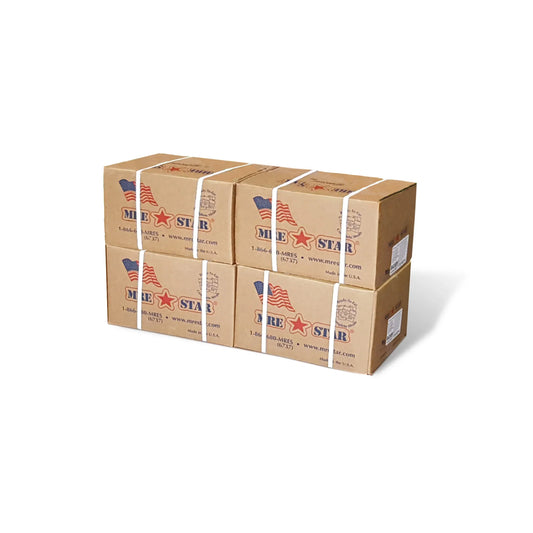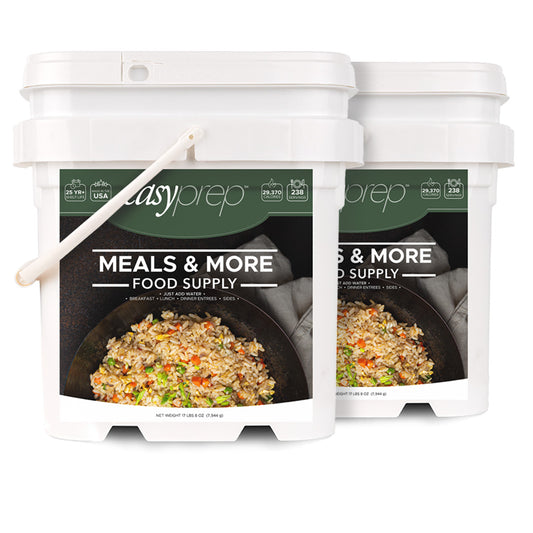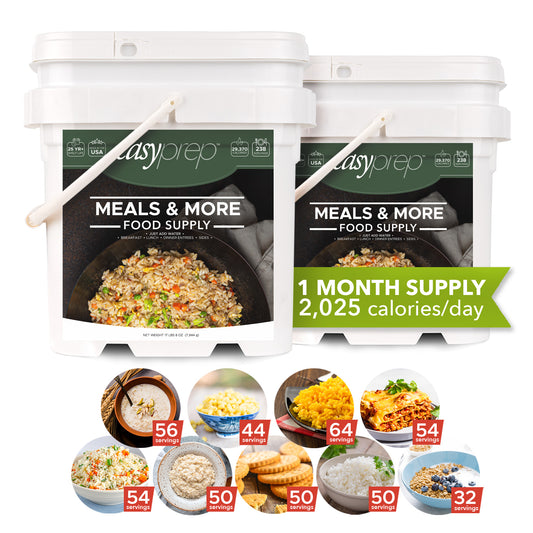How To Tell If My Chicken Is Sick
Chickens are some of the most intelligent investments against disaster. They breed quickly, eat pesky insects around the yard, produce eggs, and provide fresh white meat after their laying period is over. That being said, to retain their value as an investment for you and your family, this asset needs to be protected. Building a coop, feeding them, and marking a run that is safe from predators, will not always guarantee the survival of your flock. A key factor in the survival rate of your hens is their individual health. In the event that your chicken contracts an illness-whether bacterial, viral, fungal etc-transmission of the illness to the rest of the coop will, in many cases, prove fatal to the brood. The first step to effective poultry-disease prevention is the recognition of their respective symptoms and accurate diagnosis of the underlying cause.
Is the chicken laying eggs?
Many breeds of chickens will begin egg production as early as 18 weeks old and will continue to lay on a daily basis until it reaches 6 years old. If your chicken is not laying eggs before 18 weeks, give them time to reach maturity. If your chicken has reached this age and is still not laying eggs, it does not necessarily mean that they are sick. The general environmental conditions of their roost, the climate conditions, their nutrition, and possible evidence of molt should be assessed prior to assumption of illness.
However for a mature hen, the suspension of typical laying patterns is the first indicator of illness. Egg stoppage is a symptom of the following common diseases in poultry (followed by their accompanying symptoms):
-
Avian Influenza (Bird Flu): red spots on the comb, diarrhea, blue hues on the wattle
-
Pullorum: mostly respiratory problems including sneezing and coughing
-
Fowl Pox: white spots on skin, scabby comb, ulcers on the mouth
-
Bronchitis: nasal secretions, sneezing/coughing/snoring-like sounds
-
Airsacculitis (Air-Sac Disease): swollen joints, labored breathing
*Note: chickens that continue laying eggs during a bout of infection oftentimes lay eggs that are characterized by thin, wrinkled shells. This can be an early sign to obtain antibiotics in an effort to save the chicken.*
Is the chicken ambulant?
An excellent indicator of a healthy hen is mobility and vigor. A healthy chicken is excited to leave the coop in the mornings, reacts to its food being replenished, and (if permitted to free-range) roam its surroundings pecking at insects. Listlessness and fatigue are more-commonly signs of heat exhaustion or adjusting to freezing temperatures; however, if neither of those variables are present, the underlying cause is most likely sickness of some sort. Below are some of the sicknesses primarily categorized by general lethargy:
-
Marek’s Disease: cloudy iris, tumors, oozing discharge on crop, molting
-
Newcastle Disease: twisted/contorted neck, breathing difficulties
-
Botulism: tremors, molting, eventual complete paralysis
Many diseases that lead to paralysis are seen with corresponding swelling symptoms:
-
Coryza: swelling in the head, eyes swelled shut
-
Fowl Cholera: swelling in the comb and wattles, discharge from beak/nasal passages
-
Bumblefoot: cut, swollen, dark-spotting usually on the toes or shanks
Is the consistency of excrement solid or runny?
Generally, healthy chicken excrement is not overly-pungent, solid, pellet-shaped, brown/white. Unlike the previously mentioned symptom families, the consistency (among other things) is less likely to be due to variables besides illness. Therefore, potent-smelling, runny, shapeless, black, or bloody excrement are signs of internal stress from sicknesses such as:
-
Quail disease: hunched back, bloated insides, diarrhea is white and watery, weight loss
-
Salmonellosis: closed eyelids, ruffling, weight loss
-
Coccidiosis: weight loss, ruffling and moulting of feathers, pungent diarrhea
The only limit to freeze-dried food storage (which we specialize in) is its inherent finite nature. By breeding chickens for egg supply and meat, you essentially give yourself a sustainable food storage solution for years to come. Your ability to use the information above will result in healthy chicken product for consumption. To help preserve your hard-earned white meat or egg product, you can employ the use of a freeze-drier such as the Harvest Right freeze-drier.
Your Insights?
What have you learned in the past that you want to share with everyone? Comment below and provide your expertise.













